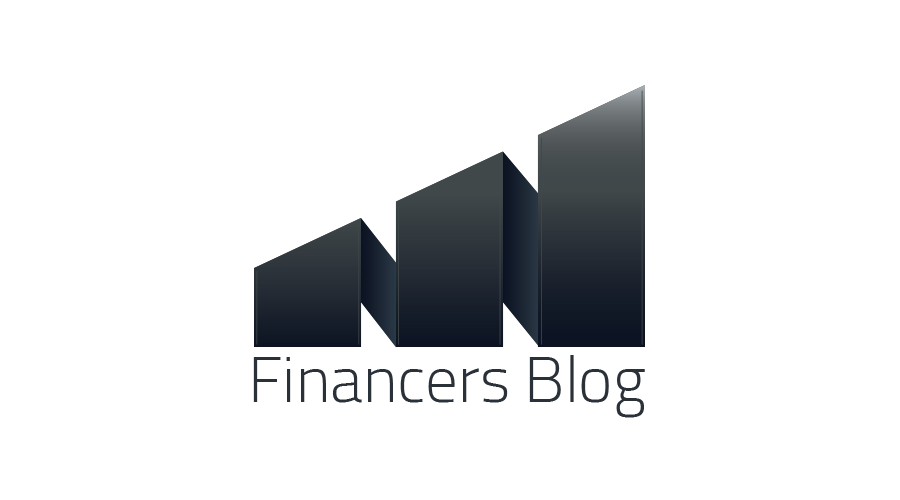Table of Contents
Businesses are continuously struggling to acquire greater online visibility due to the highly competitive nature of the digital landscape. The two most widely used strategies to achieve this aim are search engine optimization and pay-per-click. However, although both methods are fairly effective, the choice between them depends on several factors, including your budget, business objectives, and the extent of your industry’s competitiveness. This article presents a detailed analysis of SEO and PPC to enable you to choose the marketing strategy that best meets your business needs.
What is SEO?
SEO, or search engine optimization, is a long-term strategy aimed at increasing your website’s organic visibility. Currently, SEO has become a necessity for every business that operates online. The strategy is developed to involve on-page content and technical structure as well as off-page factors, such as backlinks to your website.
Ways of SEO implementation:
- Keyword Optimization: research your potential keywords, as well as analyze those already used in the content published on your website.
- On-page SEO: focus on evaluating and enhancing each page of the website, including meta titles, descriptions, header tags, and image alt.
- Off-page SEO: Establish a high-quality backlink profile that is credible and related to the theme of your website.
- Technical SEO: Ensuring your website loads quickly, has a mobile-friendly design, and is easy for search engines to crawl and index.
The benefits of SEO are
- Long-Term Results: Once your website or webpage is in the highest places of the search engine, you may not worry about your traffic anymore.
- Credibility and Trust: Organic search results are much more credible by the majority of internet users.
- Cost-effective: Although it takes time, in the long run, SEO will be more affordable than PPC.
What is PPC?
Pay-per-click is a sort of category in online advertising where organizations accumulate costs when specific individuals click their ads. In most instances, these advertisements will show on top or bottom results through search engines. Occasionally, businesses can view these types of advertisements through various social websites or partner businesses or even on search engine results.
Key Components of PPC
- Ad Auction: The business has drawn on the keyword to bid and chosen the search engine or social media where the ad will be out.
- Ad Copy: Ad copy is very simple text you write to capture more clicks.
- Targeting: targeting by focusing on a specific location, search behavior, and other core parts narrows the audience.
- Budgeting: Budgeting reimposes bound to limit money to be dropped in any period.
Advantages of PPC
- Immediate Results: You can start a PPC campaign today, and it will be able to bring traffic to your website tomorrow.
- Control Over Budget: You have full control over the budget. You can either not spend more than you’re willing to pay or you can adjust the amount based on the results.
- Highly Targeted: With Google Ads, the most popular PPC network, you can target people not just based on demographics but also based on their interests and, in fact, behaviors.
SEO vs. PPC: A Detailed Comparison
Cost Considerations
Both SEO and PPC require different costs and investments. SEO requires costs of content technical optimization and link building. However, as long as the site ranks organically, there is no need to pay for each visitor, and SEO becomes a cheaper, long-term tool. PPC, in turn, provides immediate results but is generally not highly effective in some highly competitive industries and becomes expensive. The cost is generally based on the amount of competition with other companies that are trying to rank for the keywords you are wanting to target. The threat of PPC costs becoming too high is largely based upon SMEs or other small businesses, which are not as established in marketing financially.
Time to See Results
As a rule of thumb, it usually takes a few months to see substantial results with SEO, although once you manage to achieve them, they’re usually in place for an extended period of time with only light maintenance on your part. At the same time, SEO is also relatively slow, which means that you’ll have the time to build your reputation up and earn the trust of your users in the meantime.
By contrast, PPC campaigns are going to be bringing in traffic from day one, which makes them far more suitable for shorter-term goals, such as launching a new product or hosting a limited-time promotion. Once your PPC campaign is over, however, so will be your ability to bring in new visitors.
Control and Flexibility
I agree that both SEO and pay-per-click have their advantages. Pay-per-click is better due to only one reason: the user “has greater control and flexibility. If your PPC campaign is not getting the results you want, you can pause it or adjust the budget.”. One of the primary cons of SEO is that the user “has no means to affect the algorithm. If the webmaster makes a change and outlaws an SEO strategy that has been beneficial for site promotion, the SEO is powerless to affect these changes.”
Audience Trust and Click-Through Rates (CTR)
Most users trust organic results more than advertised sites. That’s why organic results will always have a relatively higher CTR than PPC ads. Furthermore, organically ranked websites can be trusted to be more reliable and will have better long-term relationships with clients.
The PPC over the organic results may be ignored by many of the users. A strong ad text in a PPC result will, however, be more prominent and will get several clicks from the client, especially if it is a branded or product search.
Which Strategy is Right for Your Business?
Whether to select SEO or PPC depends on the excellent aims for your company, budget, and time frame. If you want instant results and have a budget to bear for paid promotions, PPC is the right approach to go. This approach is effective if you are a new firm marketing new goods or promoting a particular time-bound service. Your goods and services will be visible to your intended clients from the start. If you are a business that is committed to developing its consumer base over time, SEO brings your firm’s image and reliability to your selected client. It is also a cheaper, though time-consuming, strategy.
Final Thoughts
SEO and PPC have always been the instruments of powerful digital marketing, which bring lots of traffic to the website. The best option for a particular business should be defined according to the needs of the company, time, and budget constraints. For PPC, the best result is the result.



